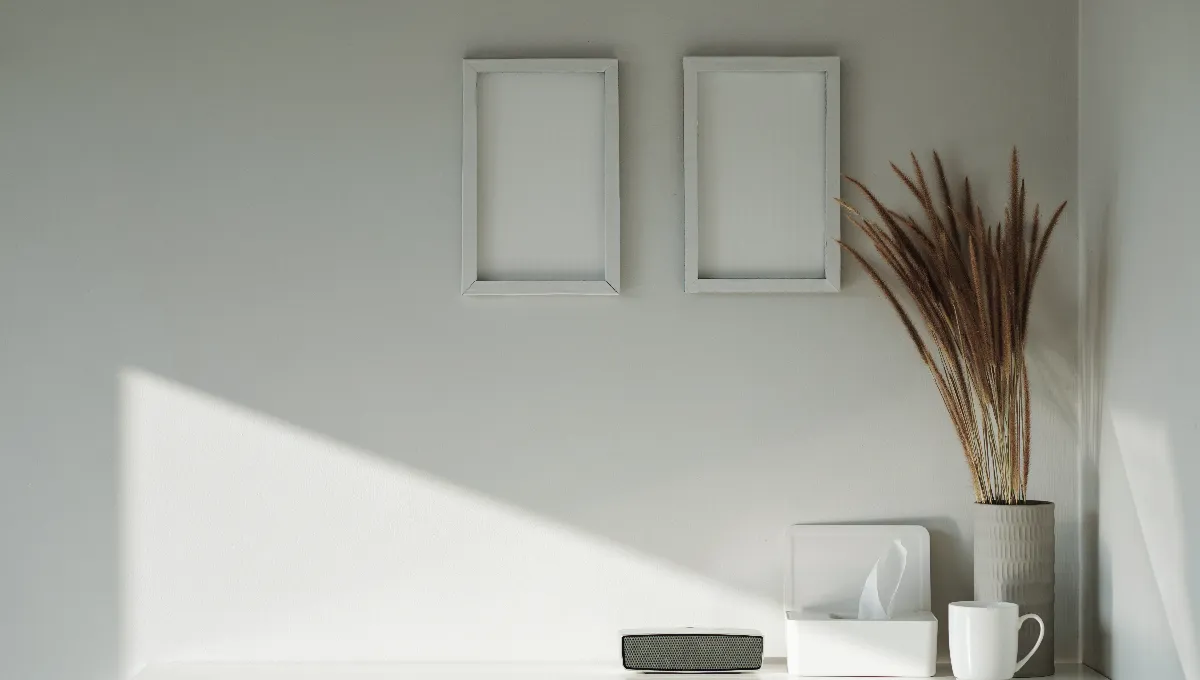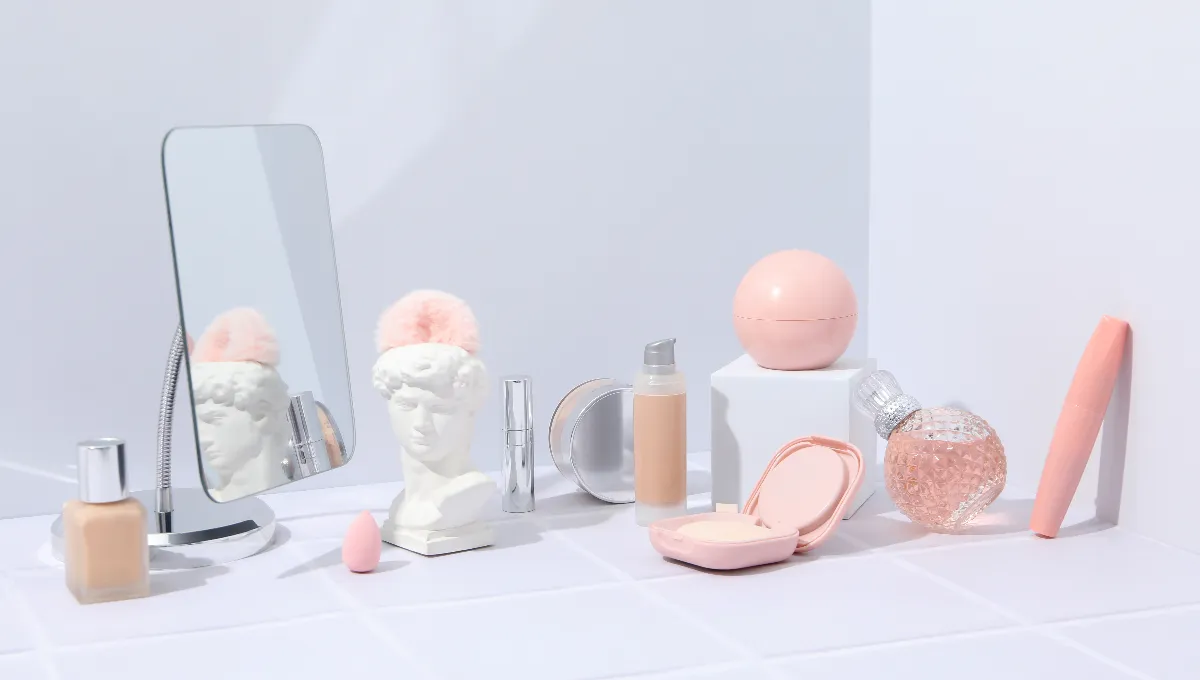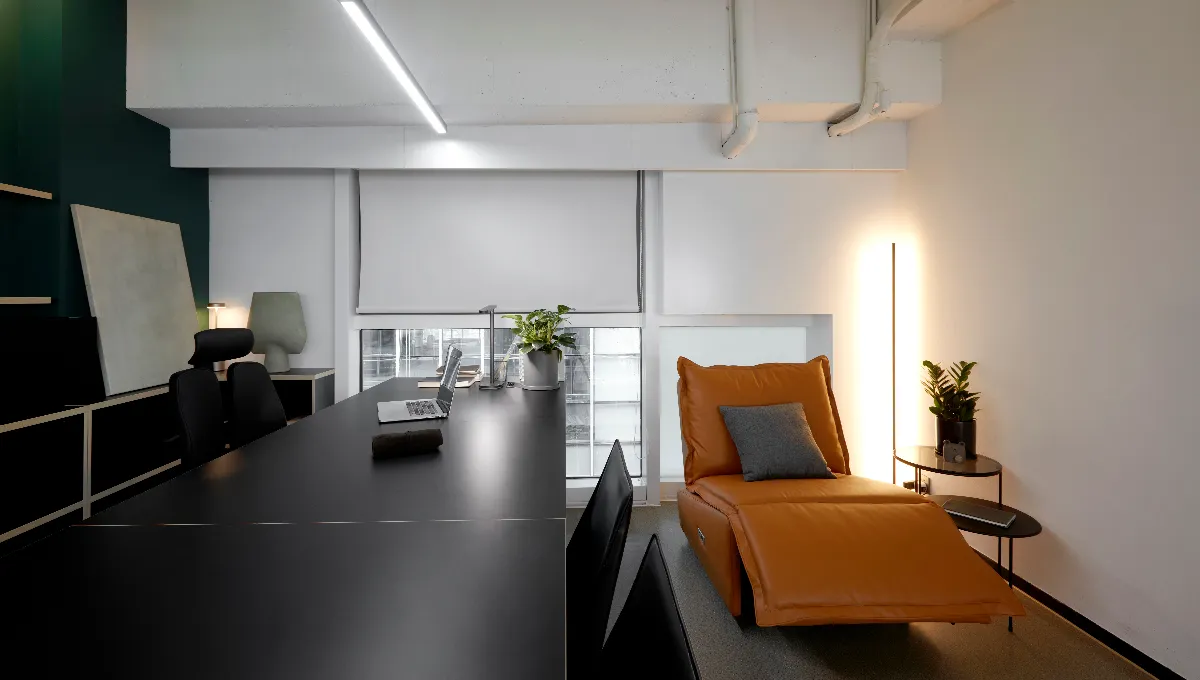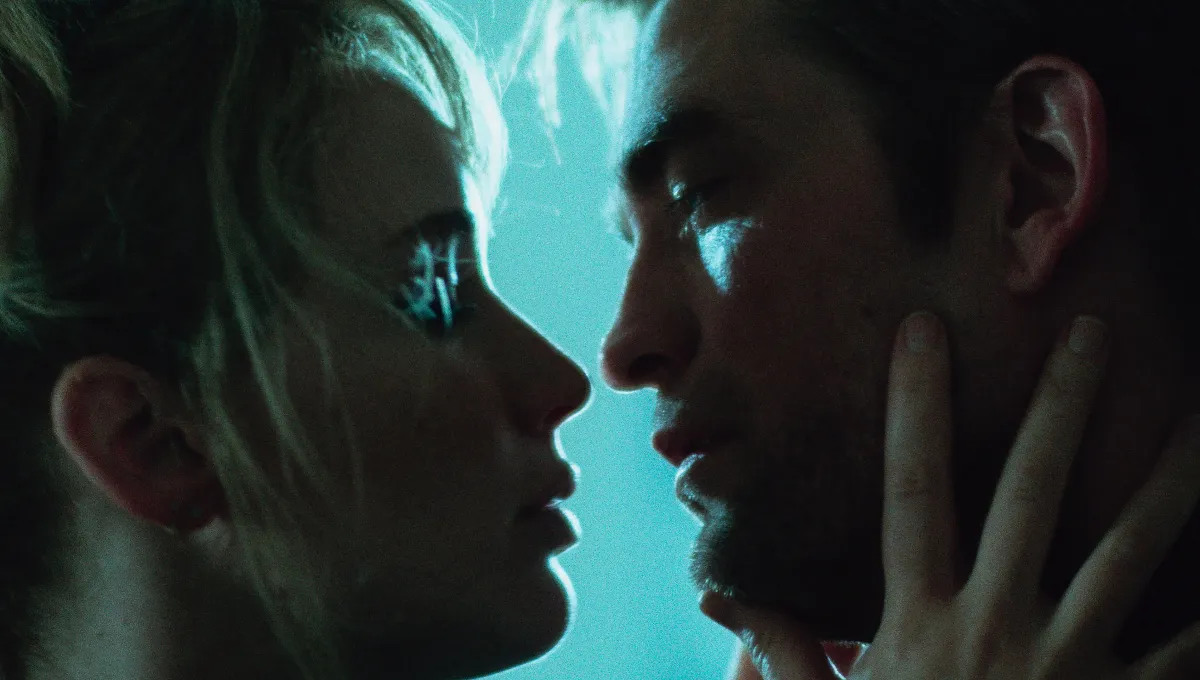For most of my adult life, I believed that doing more was the same as being more.
If I wasn’t juggling a dozen things at once, I felt unworthy of the day — like I was wasting potential, disappointing someone, falling behind a race that never seemed to end.
The first thing I’d do in the morning was open a screen. Emails, messages, headlines, to-do lists — each one demanding a small piece of me before I even remembered what my own voice sounded like. Somewhere along the way, I stopped living my days; I started managing them.
Then one morning, something inside me simply said enough.
I remember it vividly — the silence that followed.
No music, no notifications, no multitasking my way through breakfast. Just the sound of the spoon against the mug, the slow swirl of coffee, and a light that moved across the table so gently it almost felt like time itself was pausing to watch.
At first, it was unbearable.
My mind screamed for noise, for motion, for the comfort of chaos. Every quiet moment felt suspicious, as if I was forgetting something urgent. But beneath that panic, there was a strange kind of peace waiting — one that had been there all along, buried under years of productivity.
That’s when I realized: multitasking wasn’t proof of ambition.
It was a way of running from myself.
When you finally stop multitasking, the world doesn’t slow down — you do.
And that difference changes everything.
You start noticing how your hands move when you write. The way your shoulders drop when you breathe. The way time feels when you give it your full attention. You taste your food. You hear the pauses in someone’s story. You start existing in the same place as your body again.
Focus, I learned, isn’t about discipline. It’s about devotion.
To one task. One thought. One presence.
The strange beauty of this is that once you let go of the need to do everything at once, the things you do start to matter again. Work feels more honest. Conversations feel real. You begin to trust that your attention — the most human thing you have — is worth something.
In the beginning, I thought stillness would make me fall behind.
But stillness became the first real progress I’d made in years.
Because when you stop multitasking, you don’t just reclaim time — you reclaim texture. The space between moments, the quiet hum between words, the gentle, unmeasured rhythm of being alive. You start to understand that the world doesn’t reward burnout; it rewards clarity.
And clarity, it turns out, is a kind of luxury.
Now my days look different.
I still work, I still plan, I still care about getting things done — but I do it one thing at a time. I no longer need to impress the clock or prove my worth through motion. I write without checking messages. I walk without a podcast. I drink coffee without a screen.
It’s not about doing less; it’s about being fully inside what you do.
It’s about remembering that presence is not a pause in life — it is life.
And somewhere in that quiet, something incredible happens:
the noise fades, the mind softens, and you finally start hearing yourself again.
What happens when you finally stop multitasking?
You don’t lose momentum.
You lose the illusion that you need it.
You discover that focus isn’t a constraint — it’s freedom.
That the world doesn’t collapse when you choose one thing at a time.
And that peace, the kind you’ve been chasing through deadlines and lists and late-night scrolling, was never somewhere else — it was always waiting in the calm you were too busy to feel.
Maybe that’s what we’ve all been searching for.
Not balance. Not success.
Just the simple, radiant quiet of being fully here.
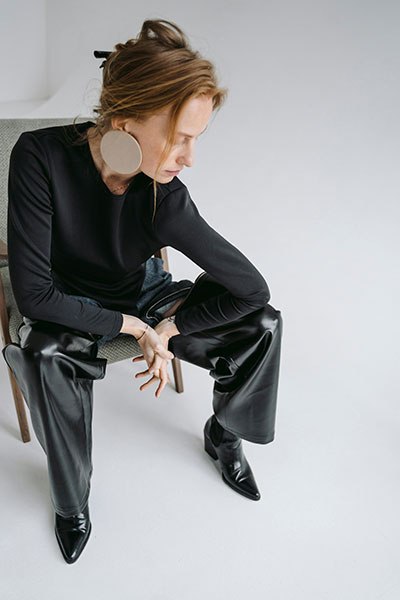
Grace Whitmore is a beauty and lifestyle editor at Nestification, exploring the intersection of modern femininity, quiet luxury, and emotional design. Her work focuses on how aesthetics, mindfulness, and self-expression shape today’s idea of calm confidence — where beauty becomes a state of mind.
Based in New York · [email protected]

